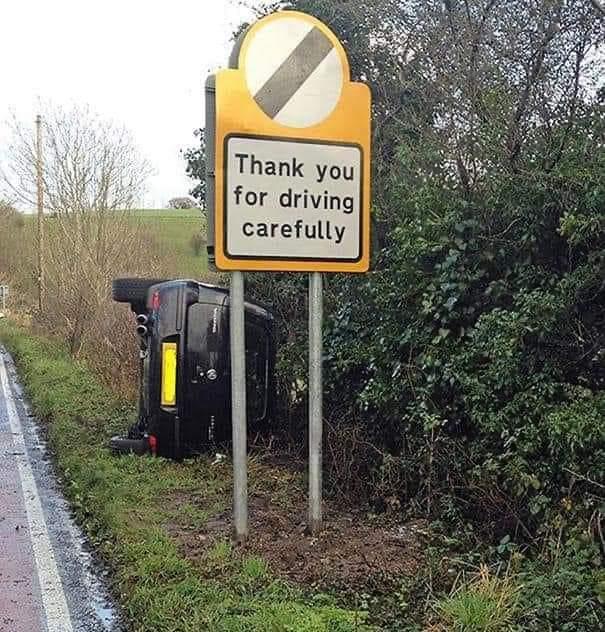|
We all age differently so, there is no way to set one age when everyone should stop driving. Trouble seeing, trouble hearing, slower reaction time and certain medications can all effect a person’s ability to drive safely. As you age it may become harder to see people, and movement outside your direct line of sight. At night, you may have trouble seeing things clearly. Glare from oncoming headlights or street lights can be a problem. Eye conditions, such as glaucoma, cataracts, and macular degeneration, can also cause interfere with your ability to drive confidently. Aging may affect your hearing as well, making it harder to notice horns, sirens, or even noises coming from your own car. This can be a problem because these sounds warn you when you may need to pull over or get out of the way. Many medications have side effects that can make driving unsafe. Some may even come with warnings about driving while taking them. Pay attention to how these drugs may affect your driving and never drive if you feel drowsy or lightheaded. Safe driving tips for seniors:
Sometimes, it can be hard for an older person to realize that he or she is no longer a safe driver. If possible, try to observe the person’s driving in person. If it’s not possible to observe the older person driving, look for these signs:
Talking with a senior about their driving. For many people, driving represents independence, so giving up that freedom can be extremely difficult. Avoid a confrontation or an intervention with the entire family. You may want to be the one who has the conversation with your aging parent or elderly relative about their driving, however, consider that your loved one may be more open to listening to someone else. When choosing who will initiate the conversation with your older family member about his or her driving, consider the relationships and personalities involved. Try to keep the conversation one-on-one and pick a time of day when you believe your loved one will be most relaxed. Let your loved one know that your goal is to make sure they’re safe and that you wish for them to remain independent and will do all you can to help. Avoid saying they are a dangerous driver and starting out the conversation by demanding they need to stop driving. Focus on the facts available to you, such as their medical condition or your first-hand experience of their unsafe driving. If your aging relative wishes to remain independent, then an alternative means of transportation will be necessary.
Safe Driving Self Assessment Questions:
If you answered “yes” to any of these questions, it may be time to talk with your doctor about driving or have a driving assessment. |
AuthorTyice Strahl Categories
All
Archives
May 2023
|
- Home
-
Settings
- Assisted Living
- Home Care
- Independent Living
- Memory Care
- Skilled Nursing
- Adult Family Homes
-
All Communities
>
- Aspen Quality Care
- Avamere South Hill
- Brighton Court
- Brookdale Nine Mile
- Brookdale Park Place
- Cheney Assisted Living
- Cherrywood Assisted Living
- Colonial Court
- Cornerstone Court
- Evergreen Fountains
- Palouse Country
- Fairview Assisted Living
- Fairwinds
- Fairwood
- Fieldstone Memory Care
- Good Samaritan
- Maplewood Gardens
- Moran Vista
- North Point Village
- Orchard Crest
- Pine Ridge Memory Care
- Emilie Court
- Ridgeview Place
- Riverview Retirement
- Rockwood Retirement Community
- Rose Pointe Assisted Living
- Royal Park
- South Hill Village
- Sullivan Park Assisted Living
- Sunshine Health Facilities
- Touchmark Assisted Living
- Willow Grove
- Wind River
- Alderwood Manor
- Franklin Hills
- Manor Care
- North Central Care Center
- Providence St Joseph
- Regency at Northpointe
- Royal Park Health and Rehabilitation
- Spokane Veterans Home
- The Gardens on University
- Spokane Assisted Living Directory
- Locations
- Services
- About
- Senior Living Blog
- Contact


 RSS Feed
RSS Feed
